DTAS Debates: Community Engagement Inclusion and Representation

As is well known in the sector many community organisations face issues with board representation, poor community engagement, and low levels of membership and can often receive criticism from community members that they are not representative. This can be particularly true when looking at inclusion of marginalised and typically underrepresented communities such as black and minority ethnic communities, young people, and disabled people.
The most recent instalment of DTAS member-only event series, DTAS Debates, aimed to address some of these perennial challenges of community development work. The session garnered over 90 signups from development trusts from urban, rural, and island communities across out network to debate the core question: Do development trusts holistically represent the needs and interests of their communities?
The panel consisted of DTAS members representing communities from Glasgow to the Outer Hebrides. Panellists reflected on common challenges around engaging and reflecting community voices, encouraging diverse membership and board members and engaging with under-represented groups.
Panel:
- Sarah Compton Bishop, Jura Development Trust volunteer and former DTAS board member spoke on some of the systemic barriers to community work notably the pressure exerted on the third sector by the decline of statutory services, and some of the strategies to mitigate these barriers.
- Rosie O Grady, representing Woodlands Community Trust in West Glasgow spoke about their Anti-Racism work and efforts to embed it across the organisation through an Anti-Racist Action Plan. She elaborated on the process of working with their local community and ensuring their voices are represented.
- Andy Cuthbertson, Community Development Officer, Rosemount Development Trust in East Glasgow and DTAS board member. Andy spoke about creating a representative board in urban areas of multiple deprivation and building long-term strategic initiatives to reach those who may not want to or be ready to step up (with a particular focus on young people).
- Phyl Meyer, General Manager, Tiree Community Development Trust, spoke about the challenges of engagement in small rural island communities, and the work the trust has done over towards strengthening youth representation and broader points around inclusive and accessible governance.
What Needs to Happen Next? Takeaways and Calls to Action
Make Governance More Inclusive: use clear language, avoid jargon and acronyms, and provide extra time for reading board papers. Following Tiree Community Development Trust’s example, consider “Easy Read” formats and better sound quality for online meetings to support those with literacy challenges or disabilities. Governance should help not hinder participation.
Engage Young People and Underrepresented Groups: Actively involve young people, ethnic minorities, and other underrepresented groups in decision-making. For example, having targeted initiatives such as Woodlands CDT’s POC only discussion groups and topic focused initiatives such as their Anti-Racist Library. Rosemount’s approach to targeting young people through partnerships with local schools, and Tiree CDT’s extensive youth activities programme and specific mechanisms for youth participation on the trust’s board can also be learned from.
Invest in Training to Tackle Barriers: Work with support organisations to provide targeted training around barriers to active and full inclusion. For example, Woodland CDTs partnership with CEMVO to deliver anti-racism training. Rosemount Development Trust also tackled digital exclusion by working with a local further education charity to train board members in digital skills.
Build Stronger Community Connections: Prioritise relationship-building by creating spaces where people naturally come together through community events. As one attendee so aptly put it – “why have an AGM when you can have a party”.
As our panellists and attendees highlighted, driving inclusion is an active and ongoing process which necessitates continuous conversations in communities. Small steps make a big impact. Let’s keep the conversation going!
Sign up for our next DTAS Debates here, where we will be debating the future of Churches in communities with the Church of Scotland’s massive rationalisation process.
